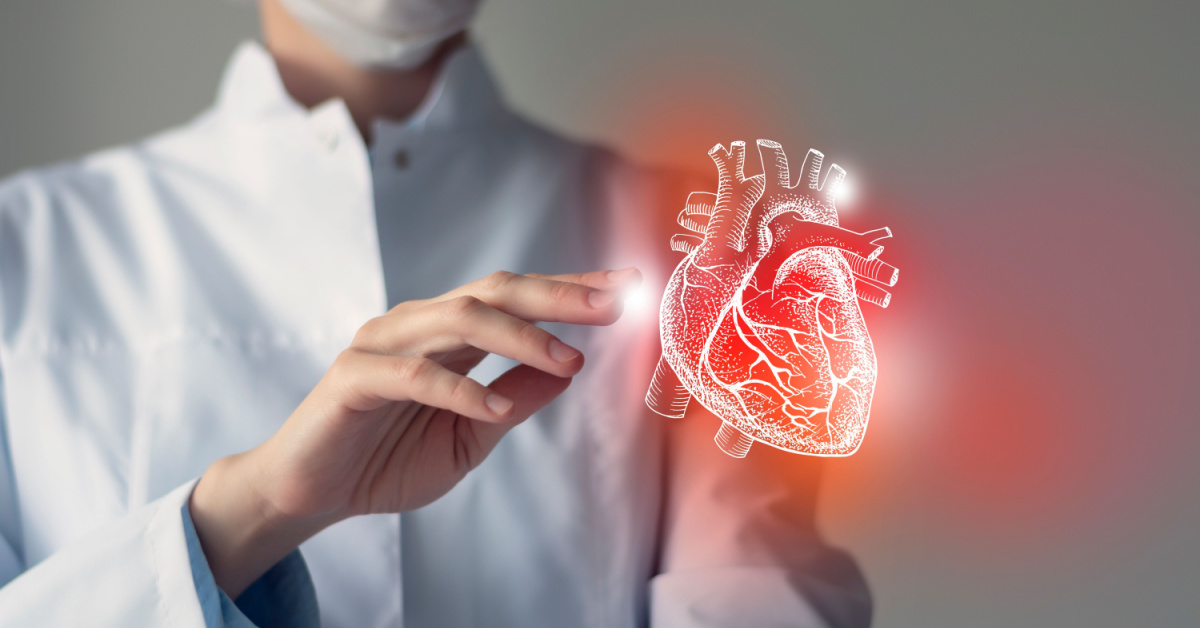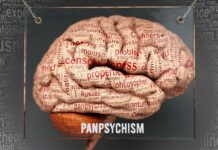
“The heart has its reasons which reason knows nothing of… We know the truth not only by the reason, but by the heart.”
– Blaise Pascal, Pensées (1670)
There is no rationality or reason why receiving a heart transplant should also donate a bunch of memories. But the heart knows it’s true. It happens, for sure!
I first came across this concept by reading the 1998 book, The Heart’s Code, by Paul Pearsall PhD. He investigated changes in the personality of a number of heart transplant recipients, to see if they paralleled the personality of their donors. In each case he interviewed the heart transplant recipient, a member of their donor’s family, and a member of the recipient’s family. He found two to five similarities in each case between changes in the recipient’s personality post-transplant and the donor’s personality. These included changes in preference for food, music, art, sex, recreation, and career.
The most dramatic story I can describe to you from memory (my copy of the book is sitting on my desk in our French home!) It concerns a woman who received the heart of a young boy who, on waking from surgery, called for a coke and a burger with fries. This was a lady who was a meticulous health eater! It emerged that the donor of the heart was killed on crossing the road, intending to buy a burger at his favorite joint!
Pearsall also found specific instances in which the recipients were able to identify the names of their donors or had sensory experiences related to their donors. One outstanding case concerned an eight year-old girl recipient who started having vivid dreams or “memories” of being murdered.
The heart came from a ten year-old girl who had indeed been murdered. The recipient was able to provide clues (time, weapon, place, clothes worn by murderer and what the little girl said). So accurate was the recall that the police were able to later identify the murderer and obtain a successful conviction.
Pearsall reported that recipients of kidney, liver, and other organs also described changes post-transplant including their sense of smell, food preferences, and emotions, but these changes were usually transitory and not as robust as the changes found in heart transplant recipients.
The heart may really be the seat of Being, as ancients thought, and not the brain at all!

The writings of Paul Pearsall are far from unique. In a 1997 book, titled A Change of Heart, Claire Sylvia reported noticing that various attitudes, habits and tastes changed, following her 1988 heart and lung transplant. She had inexplicable cravings for foods she had previously disliked. For example, though she was a health-conscious dancer and choreographer, upon leaving the hospital she had an uncontrollable urge to go to a Kentucky Fried Chicken outlet and order chicken nuggets, a food she never ate. Sylvia found herself drawn toward cool colors and no longer dressed in the bright reds and oranges she used to prefer. She began behaving in an aggressive and impetuous manner that was uncharacteristic of her but turned out to be similar to the personality of her donor. Interestingly, uneaten Kentucky Fried Chicken nuggets were found in the jacket of the young man (her donor) when he was killed.
Here’s another case, from the same article:
The donor was an 18-year-old boy killed in an automobile accident. The recipient was an 18-year-old girl diagnosed with endocarditis and subsequent heart failure.
The donor’s father, himself a psychiatrist, said:
“My son always wrote poetry. We had waited more than a year to clean out his room after he died. We found a book of poems he had never shown us, and we’ve never told anyone about them… He was a musician, too, and we found a song he titled “Danny, My Heart Is Yours”—the words about how my son felt he was destined to die and give his heart to someone.
The recipient (Danny) reported:
“When they [donor’ family] showed me pictures of their son, I knew him directly. I would have picked him out anywhere. He’s in me. I know he is in me and he is in love with me. He was always my lover, maybe in another time somewhere. How could he know years before he died that he would die and give his heart to me? How would he know my name is Danny? And then, when they played me some of his music, I could finish the phrases of his songs. I could never play before, but after my transplant I began to love music. I felt it in my heart. My heart had to play it. I told my mom I wanted to take guitar lessons—the same instrument Paul [the donor] had played. His song is in me. I feel it a lot at night and it’s like Paul is serenading me.”
The recipient’s father reported:
“My daughter, she was what you say….a hell-raiser. Until she got sick—they say from a dentist, they think—she was the wild one. Then she became quite quiet. I think it was her illness, but she said she felt more energy, not less. She said she wanted to play an instrument and she wanted to sing. When she wrote her first song, she sang about her new heart as her lover’s heart. She said her lover had come to save her life.”
Woo, that’s strong medicine!
But How Does This Happen?
Easy when you know and understand the non-material aspect of Being. But scientists are stuck on the physical everything-is-stuff model and have a really hard time explaining events like this.
Paul Pearsall wrote: “Every cell in the body is literally bathed in the info-energy conducted from and by the heart. Since the heart is a primary generator and transmitter of info-energy, it is central to our system’s recollection of its life—its cellular memory.”
“This may sound far-fetched until we consider that our heart is our most powerful organ, the largest generator of electromagnetic energy in our body, 5000 times more powerful than the brain. Our body’s magnetic field is essentially heart-based, and nourishes the brain (our brain waves ride our cardiac waves), just as the fetus is nourished by the cardiac energy of the mother. We carry within our hearts a permanent acoustical portrait of our mother’s comforting cadence. Heart cells are the only cells in the body which pulsate.”
There is no wonder then that a recorded heartbeat played in a nursery reduces the crying of newborns by half.
What triggered my writing this piece was yet another example of metempsychosis in MedPage Today (Feb 24th, 2024) described by psychiatrist Mitch Liester MD, an assistant clinical professor in the Department of Psychiatry at the University of Colorado School of Medicine. He and his colleagues had conducted a study on this topic at the University of Colorado School of Medicine, and found 89% of organ recipients (of any organ) reported changes in their personality following their transplant surgery.
One particular case, a pleasant, intelligent woman in her mid-40s who exhibited no signs of psychosis. In fact, she seemed quite rational and easy to engage in conversation. But for the last year, this woman had been experiencing recurrent, intrusive “memories” of being hit by a car. In these memories, she was a pedestrian and she not only saw herself being struck by the car, but she felt the impact as the car struck her torso, sending her airborne.
Of course this was not a memory of her own; she had never been hit by a car. But she had recently had a heart transplant. Not only that but it turns out her donor was a pre-adolescent boy who was playing tag with friends when he ran between two houses, then into an alley where he did not see an approaching car. He was struck by the vehicle in the torso in the same location at which the recipient had been experiencing the pain sensation.
You know, I find this stuff deeply spiritual. Don’t you?
Paul Pearsall is no longer with us. But the final words of his book are telling: “Every beat of your heart shapes the memories that will forever be your legacy, the infinite echoes of your soul that will resonate long after your body and brain have ceased to serve your soul’s needs.”
To your good health,
Prof. Keith Scott-Mumby
The Official Alternative Doctor
Here’s a Source Page:




